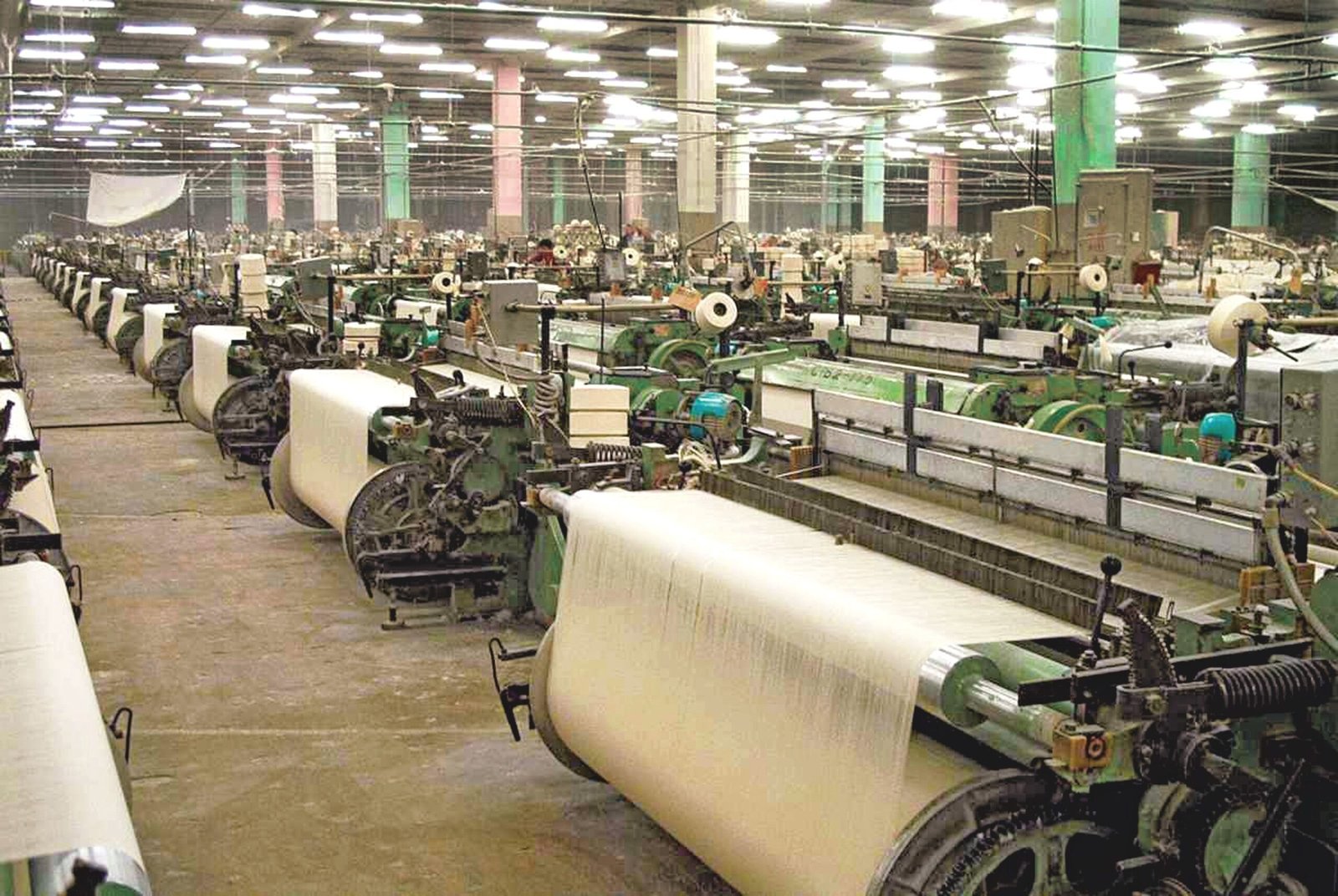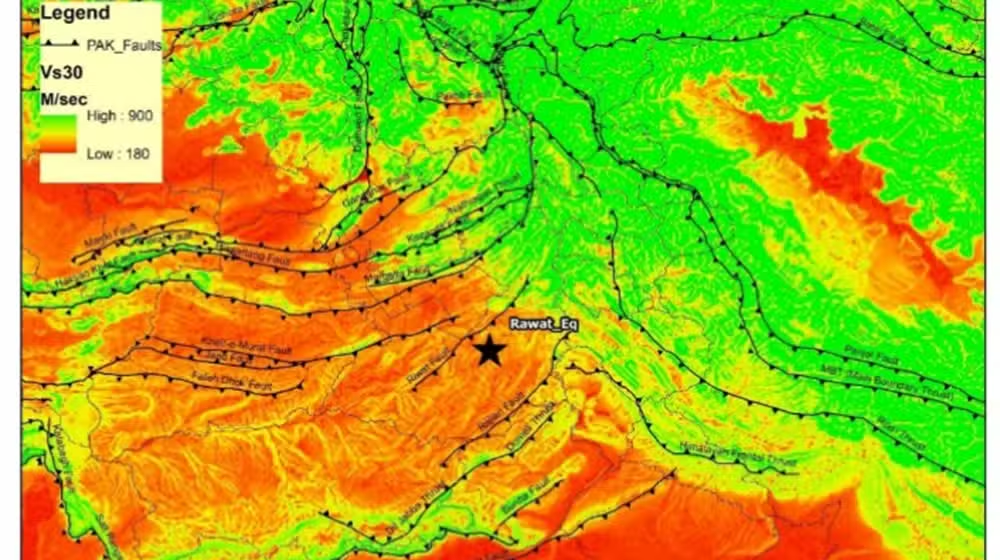Khalid Siraj Textile Mills Still Closed, But Hopes to Reopen Soon

Operations Still Halted, But Management Seeks a Revival Plan
Khalid Siraj Textile Mills, once a prominent name in Pakistan’s textile sector, continues to face an indefinite shutdown due to ongoing financial and operational hurdles. The mill, located in Faisalabad, the hub of Pakistan’s textile industry has remained closed for several months. However, recent developments suggest that the management is actively working on a revival strategy to restart operations.
The prolonged closure has raised concerns among employees, investors, and industry stakeholders, particularly as the textile sector grapples with economic instability, high energy costs, and declining exports.
Background: A Leading Name in Textiles
Established decades ago, Khalid Siraj Textile Mills had built a solid reputation for producing high quality cotton yarn and woven fabrics. The company served both domestic and international markets, contributing significantly to Pakistan’s exports and providing jobs to hundreds of skilled and unskilled workers.
At its peak, the mill played a vital role in Faisalabad’s economic landscape. Its modern machinery, experienced workforce, and focus on quality positioned it as a key player in the textile supply chain.
Shutdown Causes: A Mix of Economic Pressures
The closure of Khalid Siraj Textile Mills did not happen overnight. Industry experts cite multiple contributing factors:
-
Rising energy and fuel costs made production unsustainable.
-
High interest rates and inflation affected the company’s cash flow.
-
Currency devaluation increased the cost of imported raw materials.
-
Global textile demand fell due to post-pandemic market adjustments.
-
Policy uncertainty and lack of government support added pressure.
These issues combined to reduce the mill’s competitiveness and led to mounting financial losses over several quarters.
Employee Impact and Layoffs
The shutdown has impacted over 600 employees, many of whom were the sole breadwinners for their families. Several workers have demanded clarity on their employment status and pending dues. Labor unions have also urged provincial authorities to intervene and provide support to affected workers.
A former machine operator said:
“We haven’t received salaries for the last few months. The factory gates are shut, and we don’t know what’s next.”
This situation adds to the growing unemployment in the region, which heavily depends on textile manufacturing.
Management’s Response: Exploring Revival Options
Despite the mill being non-operational, the management of Khalid Siraj Textile Mills has not given up hope. In a recent statement, senior officials mentioned they are:
-
Engaging with potential investors and financial institutions
-
Exploring government relief packages for industrial recovery
-
Assessing strategic partnerships to share operational costs
Insiders report that talks are ongoing with private equity groups and international buyers who may be interested in reviving the unit under joint operations or acquisition.
Market Challenges Remain
While the mill’s management explores a path forward, the overall textile market remains volatile. Export orders have dropped significantly, especially from European markets. Additionally, inconsistent gas and electricity supply has hampered manufacturing across the board.
Pakistan Textile Exporters Association (PTEA) officials have emphasized that if mills like Khalid Siraj Textile Mills are to recover, government intervention is essential. This includes offering:
-
Subsidized utility tariffs
-
Low interest industrial loans
-
Export incentives
-
Simplified tax procedures
Without such support, many textile units may permanently close, leading to broader economic implications.
Stakeholder Reactions and Hope for Revival
Shareholders have expressed concern over the mill’s prolonged dormancy, but many remain hopeful. The company’s physical assets, brand equity, and industry experience are seen as strong foundations for a comeback.
One stakeholder commented:
“If proper funding and management support come through, Khalid Siraj Textile Mills can bounce back. The brand still holds value.”
Local business chambers have also shown interest in facilitating discussions between the mill’s board and policymakers to fast track a resolution.
The Bigger Picture: Textile Industry Needs Lifeline
The ongoing crisis at Khalid Siraj Textile Mills mirrors the broader struggles of Pakistan’s textile sector. Once a robust industry, it now faces reduced competitiveness, shrinking margins, and increasing layoffs. Urgent policy reforms, energy pricing relief, and export facilitation are needed to stabilize the sector.
According to the All Pakistan Textile Mills Association (APTMA), nearly 30% of textile units across the country are either partially shut or on the verge of closure. This threatens Pakistan’s position as a leading exporter of cotton based products.
What Lies Ahead for Khalid Siraj Textile Mills?
The road to recovery is uncertain, but not impossible. If investors step in and government policies align with industrial needs, Khalid Siraj Textile Mills could resume operations and reclaim its place in the market. The next few months will be crucial in determining whether the mill reopens or remains shuttered indefinitely.
Until then, workers and stakeholders await a concrete plan that brings hope back to the gates of the factory and the city that once thrived around it.
Conclusion
The fate of Khalid Siraj Textile Mills reflects the urgent need for comprehensive action to save Pakistan’s textile backbone. Reviving the mill will not only restore jobs but also reinvigorate confidence in one of the country’s most critical sectors.




